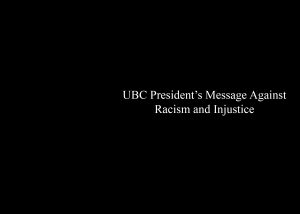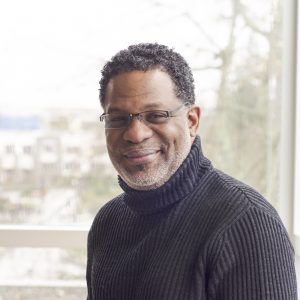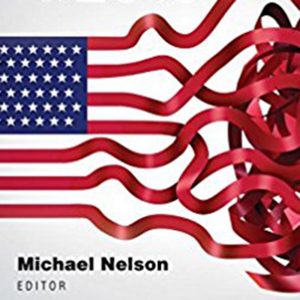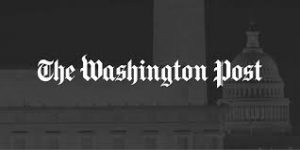Read a message from UBC President Santa Ono in response to anti-Black and anti-Asian violence.
Recent anti-Black and anti-Asian violence in communities across North America has focused our attention on the deeply rooted racism in Canada and globally. UBC itself is not immune to racism and injustice.
As a university, we need to make it crystal clear that racism and bias have no place in our community and that we have zero tolerance for it.
Christopher S. Parker: It’s NOT the economy, dumbass; It’s all about race
Christopher S. Parker, Professor of Political Science at University of Washington, Seattle gave a talk titled It’s NOT the economy, dumbass; It’s all about race on January 29th.
Gyung-Ho Jeong named winner of Duncan Black Prize for 2017
Congratulations to Associate Professor Gyung-Ho Jeong! He has won the Duncan Black Prize for the Best Paper published in Public Choice (2017) by a “senior” scholar for his article “The Supermajority Core of the US Senate and the Failure to Join the League of Nations.”
Yves Tiberghien Discusses Trumps Meeting with Chinese President at Mar-a-Lago
This week’s Mar-a-Lago summit meeting between U.S. President Donald Trump and President Xi Jinping of China has been heralded as the most significant bilateral summit in decades. The world paused to witness the mighty clash between the two most powerful men on Earth and the painful confrontation of the declining superpower with its rising challenger.
Paul Quirk’s chapter on “Donald Trump and the Question of Fitness.”
Paul Quirk, Professor and Phil Lind Chair in US Politics and Representation, is one of many notable scholars who have contributed to a new book, The Elections of 2016, edited by Michael Nelson. This volume was published only five months after the US Presidential election, bringing much needed analysis and insight.
New Washington Post Articles – Professor Paul Quirk, PhD Candidate Eric Merkley
Professor Paul Quirk and PhD Candidate Eric Merkley recently published articles in The Washington Post.
Video: Johnston on the US electoral landscape
The battle for the Republican nomination defied prediction and challenged much of what we thought we knew about parties in the United States. Many believed that Donald Trump was a creature of the media, doomed to obscurity once they lost interest. Instead, he activated potential Republican constituencies that had long been dormant. Something of the same happened on the Democratic side with the race between Hillary Clinton and Bernie Sanders. Is 2016 an historical accident, leaving no permanent impact, or has the electoral landscape been fundamentally transformed? What impact will this have on Canada?





